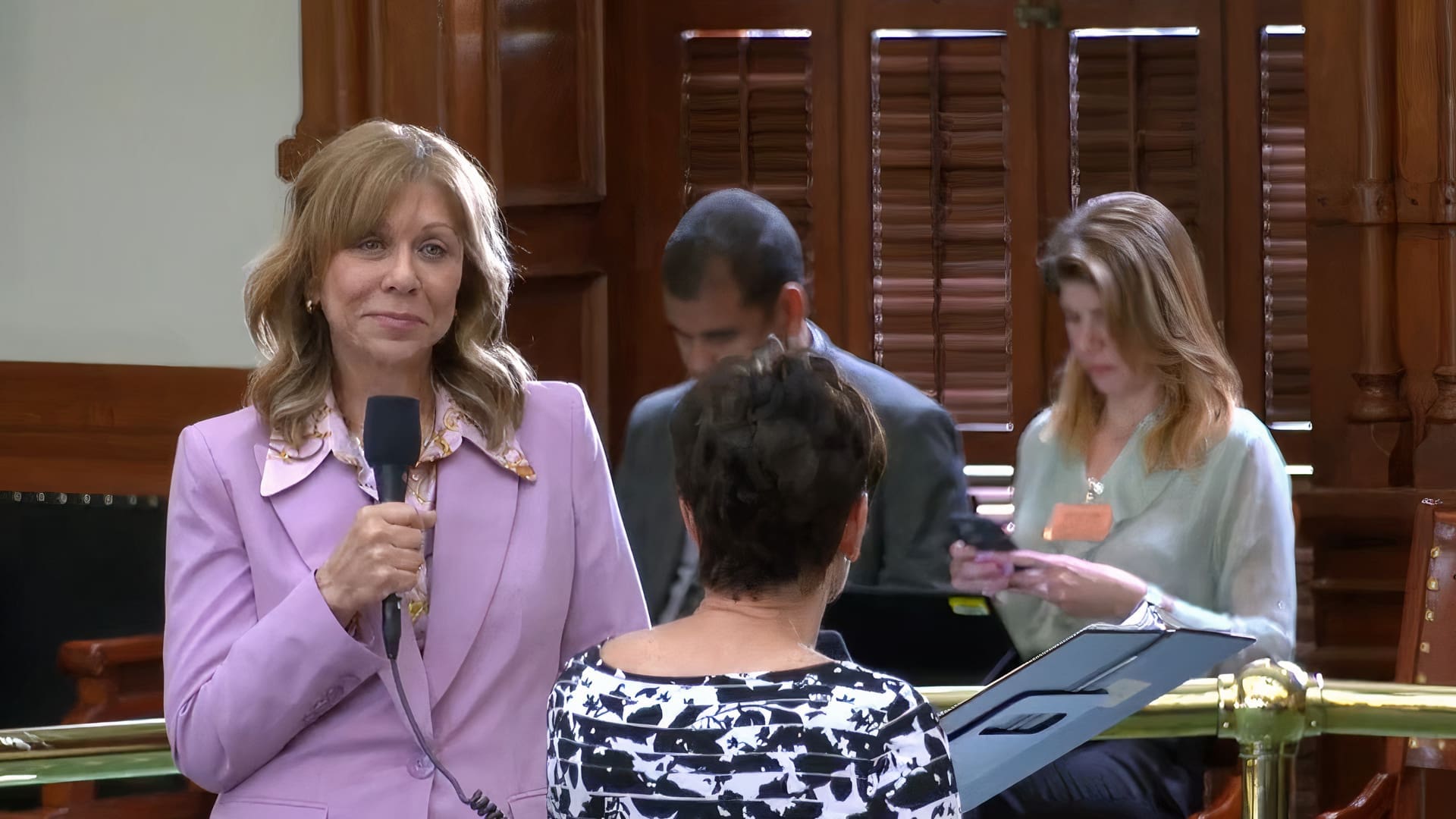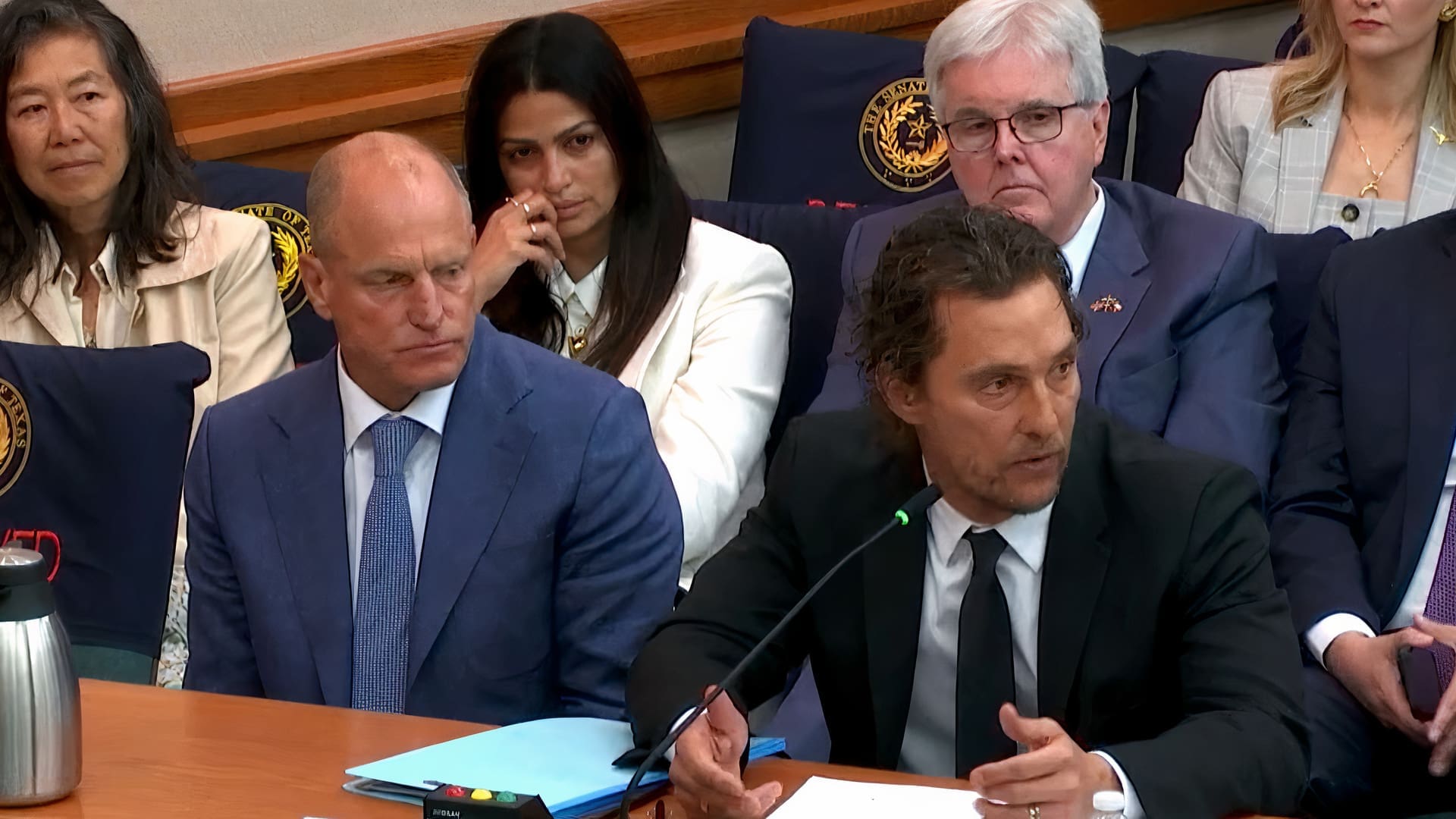AUSTIN––Texas Gov. Greg Abbott signed a new corporate welfare scheme, masquerading as “economic incentives,” into law during a private signing ceremony on Wednesday.
Today, a historic moment, as @GovAbbott signed House Bill 5 (Hunter, R) the Texas Jobs, Energy, Technology, and Innovation Act, at the Texas Capitol. This groundbreaking legislation recognizes the vital role of economic development in our state's growth. #HB5 #txlege pic.twitter.com/xIADZioWsh
— Todd Hunter (@toddahunter) June 7, 2023
House Bill 5, which author State Rep. Todd Hunter (R–Corpus Christi) calls the “Texas Jobs, Energy, Technology, and Innovation Act,” would create a new statewide economic incentive program to replace the state’s controversial Chapter 313 program, which ended after lawmakers declined to renew it during the 2021 legislative session.
Although both the Republican Party of Texas and the Democrat Party of Texas oppose corporate handouts in their platforms, State Sen. Charles Schwertner (R–Georgetown), has said “the majority of the Legislature does see value in a job-creating, economy-growing incentive program.”
HB 5 was a priority of House Speaker Dade Phelan (R–Beaumont) and approved by a vote of 120-24 in the House and 27-4 in the Senate.
However, Jeramy Kitchen, executive director of Texans for Fiscal Responsibility told Texas Scorecard the new law is a “contradiction and nothing more.”
“On one hand, he is telling Texans that he wants to see historic property tax relief and the elimination of the property tax, or more specifically the school M&O portion of the property tax,” explained Kitchen. “Both of those are things that TFR supports and encourages the legislature to take action on.”
“His signing of House Bill 5 however, points to a contradiction, as it ultimately will do nothing more than burden those same individual property taxpayers he purports to provide historic relief to, as large qualifying corporations receive a property tax abatement under the guise of economic development,” said Kitchen.
Like Chapter 313, HB 5 allows businesses to apply for a 10-year abatement—or reduction—of school district property taxes, which the state pays instead. To receive an abatement, the business would have to show it plans to hire a certain number of employees earning above-average wages for its particular industry.
Unlike the previous incentive program, HB 5 requires not just the applicant and school district to agree to the abatement, but also the comptroller, governor, and a seven-member legislative oversight committee composed of lawmakers from the state House and Senate.
This committee would have the final say on approving proposed projects and would provide periodic recommendations to the Legislature regarding which types of projects should be considered.
After Chapter 313 received much criticism for its funding of “renewable energy” projects, which Texas Scorecard previously examined in an extensive investigation, lawmakers also blocked such industries from receiving taxpayer funding through HB 5.
Despite improvements from Chapter 313, Kitchen said, “If the Governor truly wants to provide maximum relief and economic prosperity, he would do so for everyone, and not be in the business of picking winners over losers.”
Besides HB 5, “Lawmakers additionally passed a litany of other legislation related to corporate welfare,” said Kitchen, explaining that these other measures alone may cost Texans more than $12 billion.
Concerned citizens can use Texas Scorecard’s Elected Officials Directory to contact their lawmakers.





